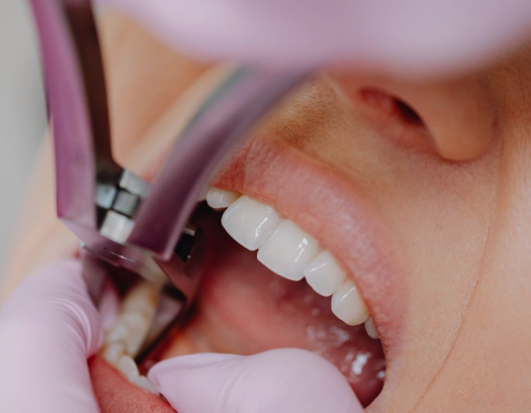In today’s fast-paced world, the importance of quality sleep cannot be overstated. However, for many individuals in California and beyond, achieving restful sleep is often easier said than done. Sleep disorders can wreak havoc on both mental and physical health, leading to a range of debilitating symptoms that impact daily life. In this article, we delve into the intricacies of sleep disorder treatment ca, exploring various modalities and approaches to help individuals reclaim their sleep health. From cognitive-behavioral therapy to medication management, finding effective solutions is crucial for enhancing overall well-being.
The Impact of Sleep Disorders
Irregular sleep patterns and poor-quality sleep can have profound effects on overall well-being. With over 80 distinct types of sleep disorders identified, including sleep apnea, narcolepsy, insomnia, and restless legs syndrome, it’s clear that sleep disturbances come in many forms. These disorders can manifest as daytime fatigue, difficulty concentrating, and persistent struggles with falling or staying asleep.

Diagnosis of Sleep Disorders
Obtaining an accurate diagnosis is the crucial first step in addressing sleep disorders. Healthcare professionals in California employ various diagnostic tools and techniques, including:
Sleep History and Physical Examination: A comprehensive assessment of sleep habits, behaviors, and physical health is conducted to uncover underlying causes of sleep disturbances.
Questionnaires or Scales: Validated tools such as the Epworth Sleepiness Scale and the Pittsburgh Sleep Quality Index aid in assessing daytime sleepiness and overall sleep quality.
Sleep Study or Polysomnography: This gold standard test monitors various physiological parameters during sleep, facilitating the diagnosis of conditions like obstructive sleep apnea and narcolepsy.
Multiple Sleep Latency Test (MSLT): Used to diagnose narcolepsy and idiopathic hypersomnia by measuring how quickly a person falls asleep during the day.
Actigraphy: Wearable devices track activity and rest patterns over time, aiding in the diagnosis of circadian rhythm disorders and insomnia.
Blood Tests: To rule out underlying medical conditions that may contribute to sleep disturbances, such as thyroid disorders.
Treatment Approaches
Once diagnosed, individuals with sleep disorders can explore a range of treatment options tailored to their specific needs. In California, treatment modalities include:
Cognitive Behavioral Therapy for Insomnia (CBT-I): A highly effective, non-pharmacological approach that targets the underlying behaviors and thoughts contributing to insomnia. CBT-I helps individuals develop healthy sleep habits and address cognitive patterns that perpetuate sleep difficulties.
Medication: In some cases, medications may be prescribed to alleviate symptoms and improve sleep quality. These medications may include sleep aids, antidepressants, or medications specifically targeted at managing sleep disorders like narcolepsy.
Combination Therapy: For individuals with complex sleep disorders or those who do not respond adequately to monotherapy, a combination of CBT-I and medication may be recommended. This approach addresses both behavioral and physiological aspects of sleep disturbances, maximizing treatment efficacy.
Considerations for Medication Use
The decision to incorporate medication into a treatment regimen depends on several factors, including the severity of the sleep disorder, coexisting medical conditions, and individual response to previous interventions. In California, healthcare providers carefully evaluate the risks and benefits of medication use, particularly in cases where CBT-I alone may be insufficient.
Conclusion
In California, individuals grappling with sleep disorders have access to a comprehensive array of diagnostic and treatment options. From thorough sleep assessments to evidence-based interventions like CBT-I and medication therapy, healthcare professionals work diligently to help individuals reclaim restful sleep and improve overall quality of life. By prioritizing sleep health and seeking timely intervention, Californians can embark on a journey toward better sleep and enhanced well-being. In addition to traditional treatments, alternative therapies such as acupuncture and mindfulness practices are also available to support holistic approaches to sleep disorder treatment ca management.




